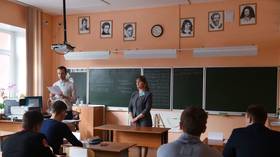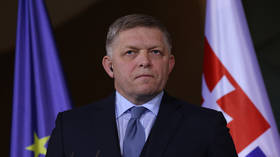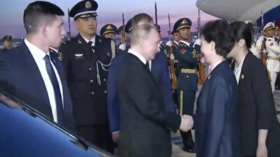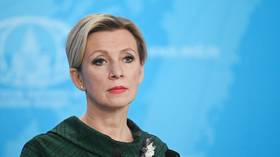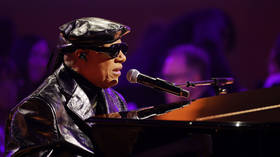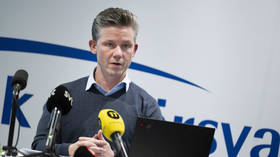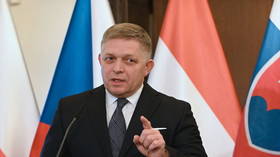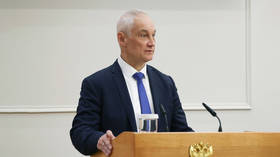Demand for English language textbooks in Russia plummets – media

The number of English language textbooks sold in Russia has dropped by a third during the first six months of 2023 compared to the same period last year, RBK news agency reported on Saturday, citing data from the country’s largest bookstore chain.
A similar decline in sales was recorded for books that teach other major European languages – German (29%), Italian (27%), French (24%), and Spanish (8%), RBK wrote, based on statistics provided by Chitay-Gorod – Bukvoyed, which runs around 700 shops across the country.
Sales of Japanese language textbooks dropped by 14%, while sales increased for books that teach Korean (9%), Chinese (4%), and Turkish (1%).
Despite the current tensions with the US and its allies, English language textbooks still make up the majority of language textbooks sold in Russia at Chitay-Gorod stores, followed by Chinese and Korean.
RBK also spoke to AST and Prosveshcheniye publishing houses, which noted that books for English study continue to be in demand, but sales of textbooks for Asian languages are growing as well.
Russian officials have endorsed the popularization of the Chinese language, as Moscow seeks to reroute some of its supply chains damaged by Western sanctions. The demand for workers who can speak Chinese grew by 40% during the first three months of 2022, RBK reported last year, citing recruiting service HeadHunter. In August, Andrey Fursenko, the education and science adviser at the Kremlin, said that more Chinese classes would be included in the curriculum of top research universities.
The interest in learning Chinese, Korean, and Turkish appears to be growing in Russia due to TV shows and music. “The main drivers of the popularity of these three languages are media content and pop culture, as well as academic and career opportunities,” AST said.
